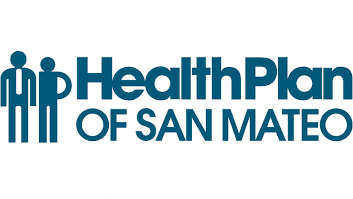Help4Access Engineers Consolidation of 12 Legacy Healthcare Applications Into A Single Up-to-Date Solution
HealthPlan of San Mateo (HPSM) was struggling to maintain 12 separate database application which had been developed in separate silos, using now outmoded Microsoft Access 2003. Each application held a subset of customer data, but nearly all performed narrow niche functions. Some overlap in functionality between the apps existed, confusing matters for users and administrators.
A single legacy database, no longer supported by its vendor or developers, poses a security risk to the business that depends on it. By updating and consolidating its “Disparate Dozen” applications, HPSM had an opportunity to improve value to users, cut its maintenance burden, update functionality to better match current business practices, and reduce security and integration risks.
Consolidate to reduce integration and maintenance burden
HPSM engaged the Help4Access team to take over support for the suite of legacy applications. Help4Access drafted a set of transformation business, application, data and technical architectures for the consolidation and modernization of the 2003 MS Access database applications. These improvements would be part of migrating them to more robust and sustainable technologies including SQL Server, Azure, ASP/C# on the .NET framework.
Help4Access planned the migration process, first defining the future state of the consolidated applications. Help4Access’ expertise in risk management, automation via its own customized tools, and an organized process understandable to all participants contributed to overall project efficiency.
Among the issues that Help4Access is able to resolve in a consolidation/migration project:
- Legacy applications often contain tables with links to other MS Access database applications, text files, and Excel files or other heterogeneous data sources.
- Various locations and business units depend on them in their daily operations.
- The personnel who created and supported the applications may no longer be with the company.
- The application no longer closely fits the procedures in use today, because they changed since the application was created.
- Applications in a database version that is no longer supported may pose a security vulnerability.
Help4Access usually makes use of its proprietary DiscoveryTM tool in migration and consolidation projects to:
- Discover any newly created Access databases that might not have been tallied
- Analyze every Access database on multiple risk criteria
- Calculate a risk score for each database
Then, Help4Access interviews business stakeholders to validate its findings and reach agreement on which Access applications should be highest priority for migration.
Because various business units depended on the Access 2003 applications for daily operations, their business requirements had to be carefully understood and assessed. Help4Access communicated with business stakeholders to carefully define the future state of the consolidated application’s functionality.
Outcome
San Mateo Health Plan was well positioned to move ahead on migrating to the new, consolidated Access 2010 application, leaving behind the maintenance and integration tasks of its dozen Access 2003 predecessors.



